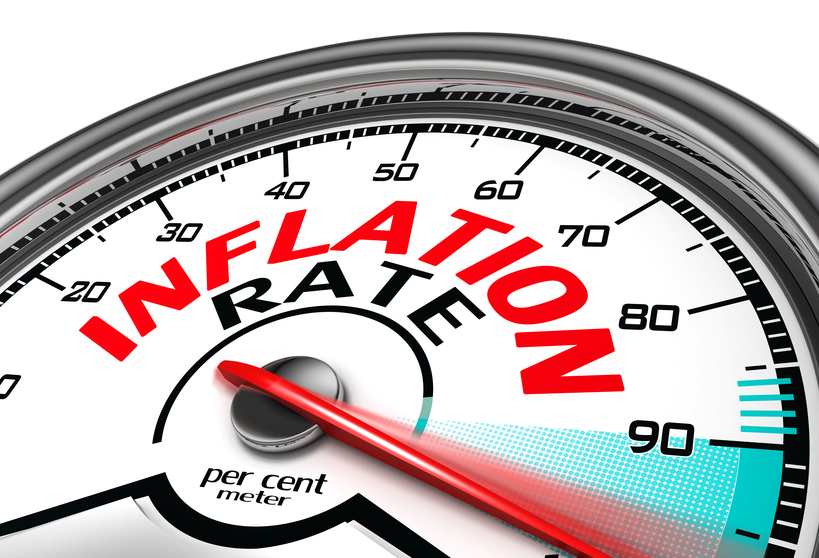Nigeria’s headline inflation rate surged to 34.6% in November 2024, marking the highest level recorded in 26 years. The latest Consumer Price Index (CPI) report, released by the National Bureau of Statistics (NBS), highlights the persistent increase in the cost of goods and services across the country.
This figure reflects a 0.72 percentage point rise from 33.88% in October 2024. On a year-on-year basis, the headline inflation rate increased by 6.4 percentage points, up from 28.2% in November 2023.
However, the month-on-month headline inflation rate slightly eased to 2.638% in November 2024, a marginal decline of 0.002 percentage points from the 2.640% recorded in October 2024. This indicates a slightly slower rate of increase in average price levels compared to the previous month.
Urban and Rural Inflation
Urban inflation surged to 37.1% year-on-year in November 2024, reflecting a 6.88 percentage point rise compared to the previous year. On a month-on-month basis, urban inflation edged up slightly by 0.02 percentage points to 2.77%.
Rural inflation stood at 32.27% year-on-year, marking a 5.84 percentage point increase from November 2023. However, month-on-month rural inflation declined slightly by 0.02 percentage points to 2.51%.
The twelve-month average inflation rate for urban and rural areas rose to 35.07% and 30.71%, respectively, showing a significant increase compared to the same period last year.
Food Inflation
Food inflation continued its upward trajectory, reaching 39.93% year-on-year in November 2024. This marks a sharp 7.08 percentage point increase from 32.84% recorded in November 2023.
The NBS attributed the year-on-year food inflation surge to rising prices of staple items such as yam, potatoes, maize grains, rice, palm oil, and vegetable oil, among others.
On a month-on-month basis, food inflation climbed to 2.98%, a slight increase of 0.05 percentage points from the 2.94% recorded in October 2024. This rise was driven by higher average prices of food items such as fish, meat, bread, cereals, and grains.
The twelve-month average food inflation rate stood at 38.67%, 11.58 percentage points higher than the 27.09% recorded in November 2023.
State-Level Food Inflation
- States with the highest year-on-year food inflation rates:
- Sokoto: 51.30%
- Yobe: 49.69%
- Edo: 47.77%
- States with the lowest year-on-year food inflation rates:
- Kwara: 31.39%
- Kogi: 32.95%
- Rivers: 33.27%
On a month-on-month basis:
- States with the highest food inflation rates:
- Yobe: 6.52%
- Kano: 5.95%
- Kebbi: 5.68%
- States with the lowest food inflation rates:
- Borno: 0.76%
- Adamawa: 0.90%
- Kogi: 1.21%
Core Inflation
Core inflation, which excludes volatile items like food and energy, rose to 28.75% year-on-year in November 2024, representing a 6.36 percentage point increase from 22.38% recorded in November 2023.
The NBS noted significant price increases in sectors such as transportation, accommodation, and services. On a month-on-month basis, core inflation fell by 0.3 percentage points, from 2.14% in October 2024 to 1.83% in November 2024. The twelve-month average core inflation rate climbed to 26.64%, 6.29 percentage points higher than the 20.35% recorded in November 2023.
Conclusion
The rising inflation trend in Nigeria reflects persistent price pressures across food, services, and essential commodities, signaling economic challenges for both urban and rural populations. The continued surge highlights the need for urgent policy measures to curb inflation and stabilize the cost of living.













